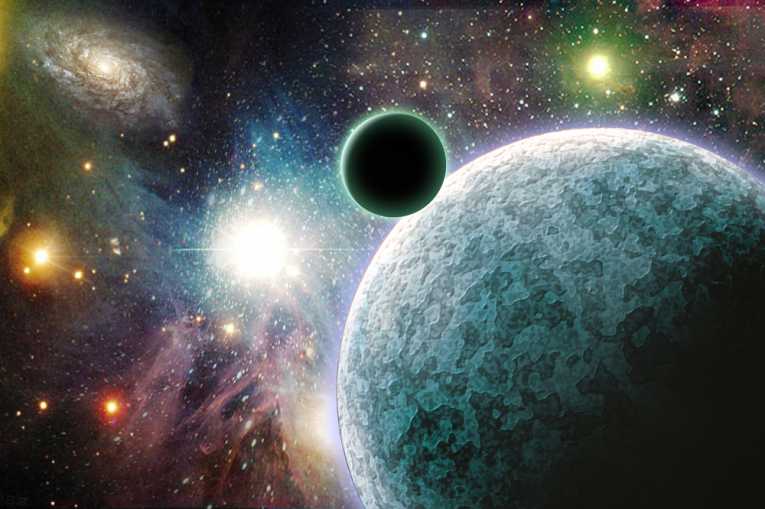There is a greater chance of finding life on other planets by adopting a new system of searching, scientists claim. There are only two questions that matter, says an international working group of scientists who are examining the chances of finding life on other planets.
Astrobiologist Dirk Schulze-Makuch, from the Washington State University School of Earth and Environmental Sciences, says, "The first question is whether Earth-like conditions can be found on other worlds, since we know empirically that those conditions could harbour life.
"The second question is whether conditions exist on exoplanets that suggest the possibility of other forms of life, whether known to us or not."
Dirk Schulze-Makuch and nine members of the working group from NASA, the German Aerospace Centre SETI, and four universities, propose a different way of classifying exoplanets - planets outside our solar system. They propose a new an Earth Similarity Index (ESI) to list exoplanetary features that are similar to those on earth and a Planetary Habitability Index (PHI) that categorises physical and chemical attributes that, in theory, aid different forms of life in conditions that are not so earth-like.
The ESI is an effective and fast way of identifying patterns in complicated sets of data that can be applied to mathematics, chemistry, imaging and more. This is the first time that scientists have tried to categorise the conditions and chances for life on the many thousands of exoplanets that are set to be discovered in the next few years.
Dirk Schulze-Makuch says, "As a practical matter, interest in exoplanets is going to focus initially on the search for terrestrial, Earth-like planets. With that in mind, we propose an Earth Similarity Index which provides a quick screening tool with which to detect exoplanets most similar to Earth."
As well as concentrating on similarities to earth, the changes of habitability for various life forms are also important. The group says, "Habitability in a wider sense is not necessarily restricted to water as a solvent or to a planet circling a star.
"For example, the hydrocarbon lakes on Titan could host a different form of life. Analog studies in hydrocarbon environments on Earth, in fact, clearly indicate that these environments are habitable in principle. Orphan planets wandering free of any central star could likewise conceivably feature conditions suitable for some form of life."
The researchers admit that trying to calculate the chances of any life form existing anywhere is speculative, but not doing so could mean that worlds potentially harbouring life could be missed. They explain, "Our proposed PHI is informed by chemical and physical parameters that are conducive to life in general. It relies on factors that, in principle, could be detected at the distance of exoplanets from Earth, given currently planned future space instrumentation."
The paper is called A Two-Tiered Approach to Assessing the Habitability of Exoplanets. Its authors were Marina Resendes de Sousa Antonia, Carol Turse, Grayson Boyer and Dirk Schulze-Makuch, from Washington State University; Alfonso Davila, from SETI; Alberto Fairen, from NASA; Abel Mendez, from University of Puerto Rico at Aricebo; Philip von Paris, from the German Aerospace Centre; David Catling, from the University of Washington and Louis N. Irwin, from the University of Texas-El Paso.










